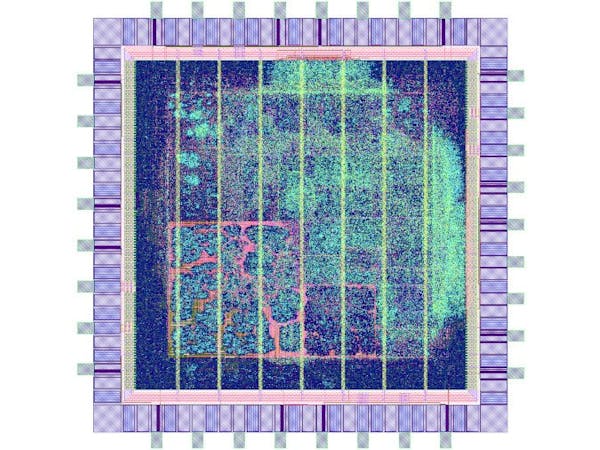So I was reading some interesting articles recently I believe others might find insightful... One of my entities intends to be one of the few companies assembling HPCs (High Performing Computers) in the USA and this is giving me vertically integration vibes for board manufacturing and assembling plants here in USA.
SuperMicro Exploits by China
The above Bloomberg article gives details on how China uses country suppliers / OEM contractors to get an advantage/exploits through obfuscated chips via Chinese manufacturers over companies and countries alike. It wouldn't surprise me in the future to find similar issues with other OEMs like HP, Lenovo, or Dell computer manufacturers in China. I think it will be too risky to do it in consumer electronics like Apple (I could be wrong), that's why I think the focus might be enterprise equipment users aka big companies & countries alike.
After reading the article for sure it proves (at least to me) that Huawei cannot be trusted, question to all which other OEMs you guys speculate could be facing the same country exploits?
Any articles you find on the subject please share it on this thread would like to read as much as possible on the subject of Supplier Exploits from countries.
SuperMicro Exploits by China
The above Bloomberg article gives details on how China uses country suppliers / OEM contractors to get an advantage/exploits through obfuscated chips via Chinese manufacturers over companies and countries alike. It wouldn't surprise me in the future to find similar issues with other OEMs like HP, Lenovo, or Dell computer manufacturers in China. I think it will be too risky to do it in consumer electronics like Apple (I could be wrong), that's why I think the focus might be enterprise equipment users aka big companies & countries alike.
After reading the article for sure it proves (at least to me) that Huawei cannot be trusted, question to all which other OEMs you guys speculate could be facing the same country exploits?
Any articles you find on the subject please share it on this thread would like to read as much as possible on the subject of Supplier Exploits from countries.

